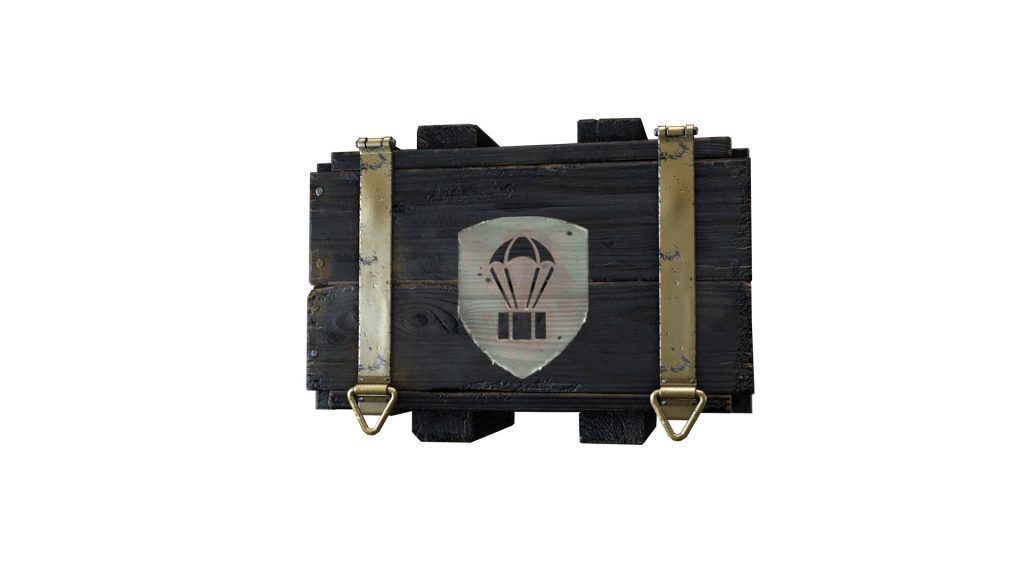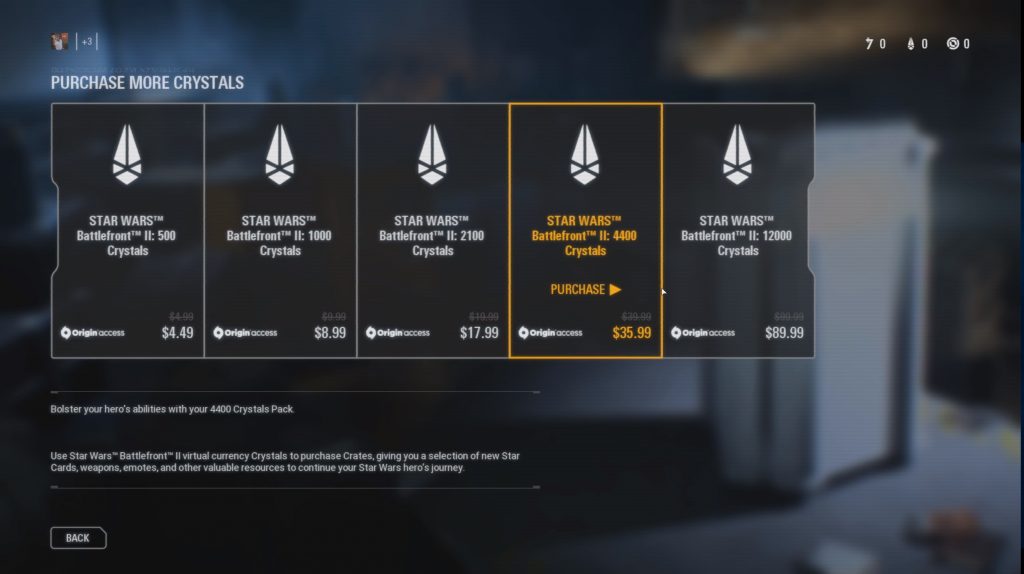Loot boxes and their relation to gambling has been a hot topic of 2017, showing no signs of stopping as we head into the new year. In a bid to address the issue head on, independent charity Gamble Aware and The Gambling Commission have shifted the conversation from defining what loot boxes are to Harm Minimalisation and how to protect young people regardless.
While the concern over loot boxes has been around for quite some time, official bodies only began to weigh in on the development in October. This has since resulted in some bodies leaning towards agreeing that the practice equates to gambling and others outright stating that it just doesn’t classify.
Personally, I think the whole debate of definition becomes moot when the concern should be the implications that the game of chance has on younger people, regardless of whether or not it fits a pre-defined term.
Tim Miller, Executive director of the UK Gambling Commission is inclined to agree, stating in an interview with Eurogamer that “it really doesn't matter whether something meets some legal definition of gambling or not. The concern that parents have, and indeed others would have, is whether there's a product out there that's potentially posing a risk to children and young people.”
Miller reiterated the point that it is Parliament that has the power to change the law and definition, and that The Gambling Commission can only enforce and regulate the laws that are currently in place.
“Our powers extend to issues that are about gambling so the starting point is that test. What is really important is we see these sort of issues, where there's risks to children, not purely as a gambling issue, not even purely as a computer game issue, but as an issue of child protection,” states Miller.
Since this doesn’t fall under the jurisdiction of The Gambling Commission, Miller has stated that is the reason it is making so much commotion and publishing research based on the issue: to create a dialogue.
“The best way to keep children safe, and protect them, is for everyone with an interest, everyone with a product which might be accessible or marketed to children, to recognise their role in that. Actually if all of us, whatever sector we work in, whether we're a regulator, a company, a casino, whatever we are, if we can actually all work together with the shared goal to try and keep children protected then we will have greater success in making things safer for children.”
Miller encourages people not to dismiss something simply because there isn’t a link and argues similarly that “we don’t have … clear evidence to show there is no link” between loot boxes and gambling.
In the meantime, The Gambling Commission is going to talk with developers that might be approaching the line regarding legality, as well as monitoring new products as the scene continues to change. For those wanting to help the situation, continuing the discussion and commotion is important.
You can find the full interview between Eurogamer’s Vic Hood and Tim Miller here.
KitGuru Says: I’m glad that the conversation seems to be shifting towards how to help potential victims and the vulnerable to these practices rather than a blanket term for definition’s sake. It seems like a pointless merry-go-round otherwise. What do you think of Miller’s statements and actions regarding loot boxes?
 KitGuru KitGuru.net – Tech News | Hardware News | Hardware Reviews | IOS | Mobile | Gaming | Graphics Cards
KitGuru KitGuru.net – Tech News | Hardware News | Hardware Reviews | IOS | Mobile | Gaming | Graphics Cards





This is one of the many reasons loot boxes should not be in the games at all. With children making up a huge part of the gaming scene ranging from ages lets say 8-15 years old. Yes I still define a kid a child up to at least 15 years old. Anyways the point is with these kids depending almost always for money from their parents to get anything it is way to easy to dupe the parent into getting out the credit card to pay for things like this or if the kid just out right uses the parents card without permission since it is way to easy to get that info from a saved account on a computer.
Now I am not sure if the other point I have is valid for this because I quickly skimmed a piece on how kids are gambling with things like skins and other game items through online forums etc. If kids are involved then anything that could be considered gambling should not be in a game simple as that.
There are many other reasons these should not be in the games as well but that is for another post since this one went way to long already.
I honestly think it’s the parents’ responsibility to check for whatever the child’s asking money for. Honestly I would rather tell my child to go earn the damn loot boxes from gameplay or go earn his/her’s own cash (somehow) to pay for damn lootboxes or just quit the game and play something else.
And it has become like this because people always look to accuse someone else cuz they think it’s someone else’s fault, BEFORE asking – “What could I have done to stop my child to ‘borrow’ my CC and spend all my cash into loot boxes?” Well that’s just stupid – why would X developer/publisher be at fault, when those are YOUR children and you are supposed to be “protecting them”? So if I made a game for 18 year olds, it will be my fault that some child got the game, the parents found out too late and the shop cashier didn’t verify the age of the buyer kid. I am sorry, but this world can’t be more toxic than it has become…whoever made “cards against humanity” is freaking right – This world must BURN!